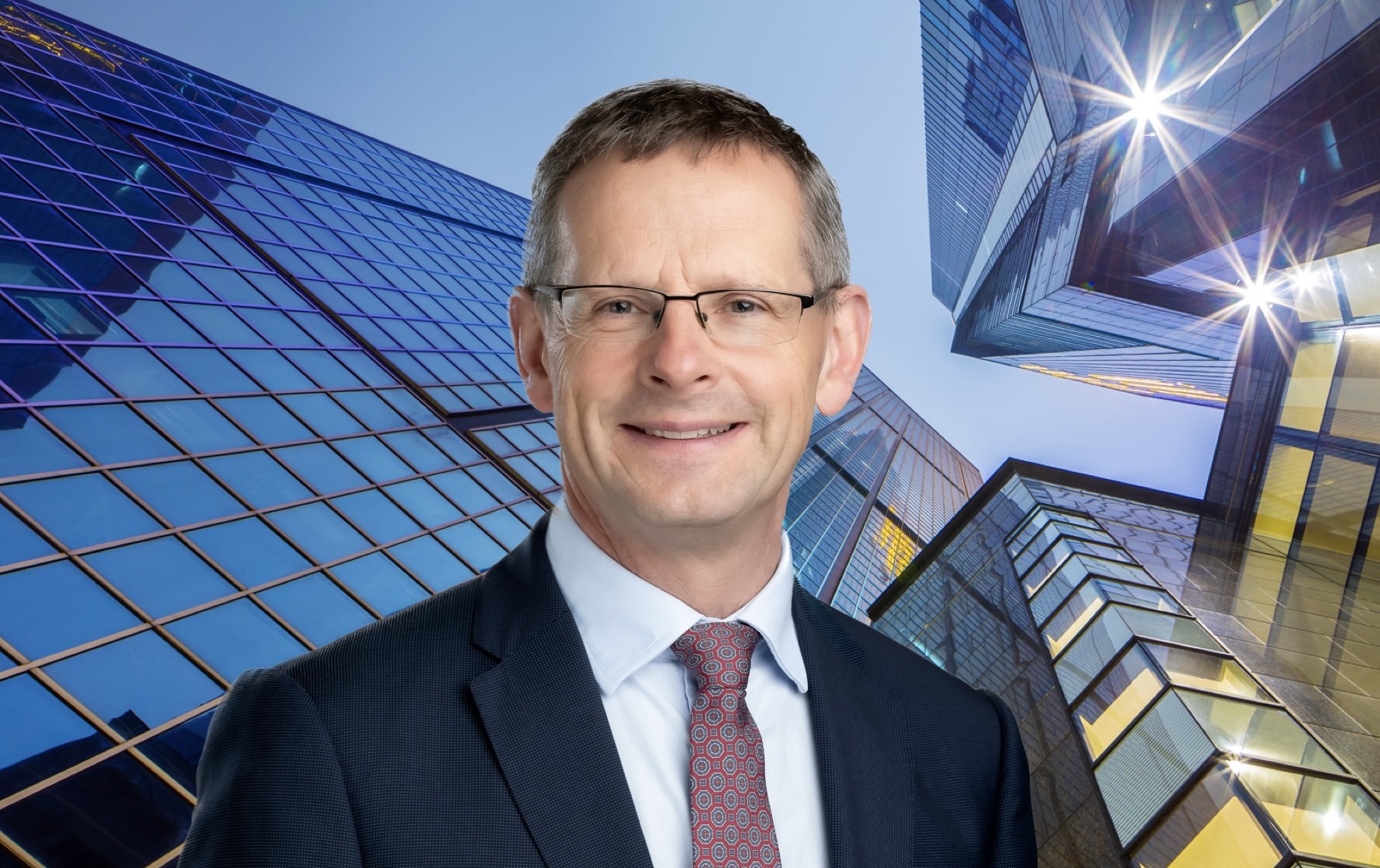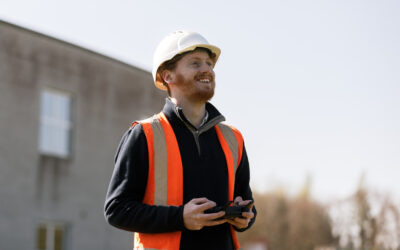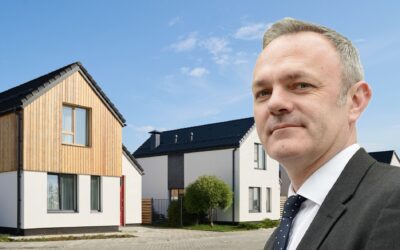As the CIF heralds 90 years as the voice of the industry, Director General Hubert Fitzpatrick reflects on the federation’s long-standing belief that every part of Ireland deserves the opportunity to prosper
Ninety years ago, in a modest meeting room on Dawson Street in Dublin, a small group of builders came together with a shared ambition, to bring structure, strength, and unity to a vital industry taking shape at a pivotal time in Ireland’s development.
That founding moment on May 14, 1935, when Ireland was still forming its national identity, marked the beginning of the Construction Industry Federation.
Today, the scale and longevity of CIF are unparalleled by most organisations of its kind. Every day, in every county, our members support the delivery of homes, schools, roads, infrastructure, and workplaces that shape how Ireland lives and grows.
While much has changed in nine decades, the heart of our mission remains the same, to support a thriving construction sector that builds opportunity, delivers quality, and contributes to every region’s success.
Guided by our strategy, ‘One Federation, One Voice’, we remain committed to unity, while recognising the diversity of our members’ needs and specialisms.
This special edition of Construction magazine brings together two powerful themes, a celebration of the Construction Industry Federation’s 90th anniversary and a focused look at the importance of balanced regional development.
The pairing is a fitting one. From major infrastructure projects to small-scale housing developments, construction plays a vital role in shaping every corner of Ireland.
Our diverse network of members, spanning large contractors, local builders, and specialist firms, reflects the breadth of the industry and its deep roots in communities across the country.
As we mark nine decades of collective achievement, we also look forward, recognising that sustainable, regionally balanced growth will be central to Ireland’s future, and that construction is fundamental to making it a reality.
As we look ahead, balanced regional development is not just a policy goal. It is a guiding principle that reflects the federation’s long standing belief that every part of Ireland deserves the opportunity to prosper.
Over the past nine decades, Ireland has been transformed through periods of growth and recession, ambition and adversity. From post-independence hardship to the prosperity of recent times, the construction industry has been at the heart of that journey.
Yet today, even as we stand among the wealthiest nations in the world, we continue to face urgent and complex challenges, none more pressing than housing and infrastructure, which remain unevenly delivered across the country.
From the Atlantic coast to the heart of the Midlands, vital housing projects are being delayed. Not due to a lack of skilled workers or development interest, but because of systemic obstacles, namely underdeveloped infrastructure and a planning system often viewed as inefficient and inconsistent.
There is no shortage of ambition when it comes to revitalising regional towns, encouraging inward investment, or expanding sustainable communities.
But these goals are impossible to realise if people cannot access affordable and timely housing.
At the core of the challenge is a clear mismatch: while the need is growing, the systems supporting delivery, particularly infrastructure and planning, are falling short. That said, there are promising signs of progress.
Strategic investments are beginning to unlock long-term potential in key regional centres. One standout example is the North Quays development in Waterford, an ambitious regeneration effort that has secured significant support through the Urban Regeneration and Development Fund and EU funding mechanisms.
It will be a catalyst for broader economic activity, paving the way for new homes, tourism development, and jobs in the region.
In Limerick, the long-awaited Adare Bypass, part of the broader M20 corridor plan, is set to bring major improvements in traffic flow and connectivity by 2027, just in time for the global focus that will come with hosting the Ryder Cup.
This project is about more than moving cars – it’s about laying the foundations for future investment and regional integration. Still, beneath these large-scale initiatives lies a pressing and less visible problem; the capacity of core utilities.
Water, wastewater and electricity networks are operating at or beyond their limits. For many developers, securing connections to basic services has become a drawn-out, uncertain process, slowing the pace of badly needed construction.
This issue isn’t confined to one region, but it is especially acute in areas already trying to grow sustainably. Unless there is a coordinated push to upgrade and expand utility infrastructure and to reform how projects are planned, procured, and approved, the wider benefits of regional investment will be compromised.
Our future housing and development ambitions rely not just on vision, but on the enabling systems behind them. If we want balanced growth, we must first ensure that the fundamentals, water, wastewater, electricity, planning, land zoning and connections are fit for purpose.
Despite these obstacles, today’s construction industry continues to evolve and modernise at pace, embracing digitalisation, adopting modern methods of construction, and building a more inclusive workforce, one that better reflects the diversity of the society we serve, especially by opening new pathways for women.
Looking ahead, the Construction Industry Federation remains focused on equipping our members with the tools, training, and guidance they need to succeed in business.
We continue to lead on ESG best practices, while strengthening our policy voice on the defining issues of climate action and circularity.
Crucially, we remain steadfast in our commitment to the safety and wellbeing of everyone working on our sites; it is the foundation of everything we do.
We also acknowledge the incredible commitment and leadership shown by our member committees, who contribute across every facet of the construction industry.
They carry the mantle of representation and responsibility today, just as the federation’s founders did 90 years ago, and we are proud and privileged to serve alongside them.
The challenges are great, but so too is our capacity to meet them, united in purpose and committed to building a stronger, more sustainable Ireland for all.









